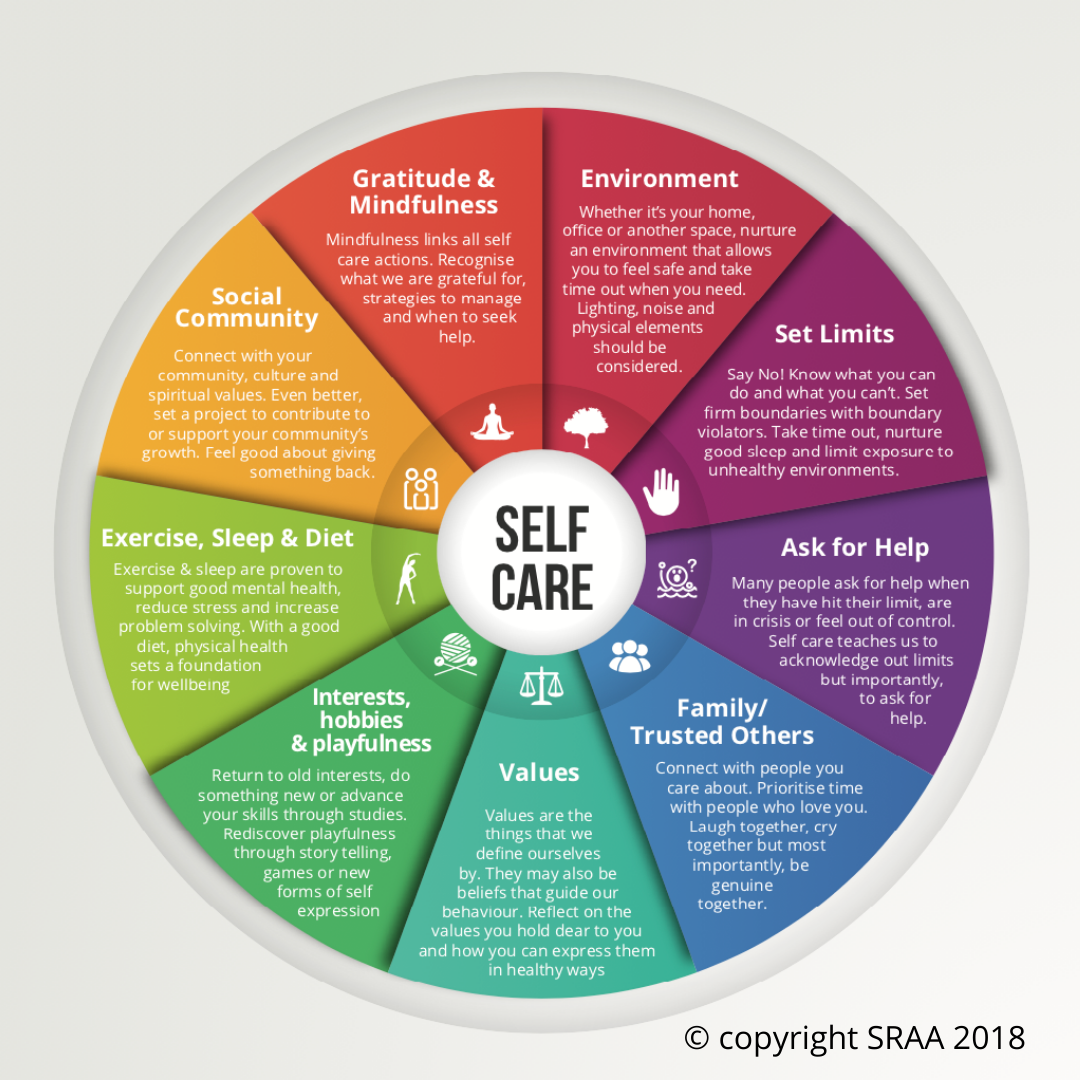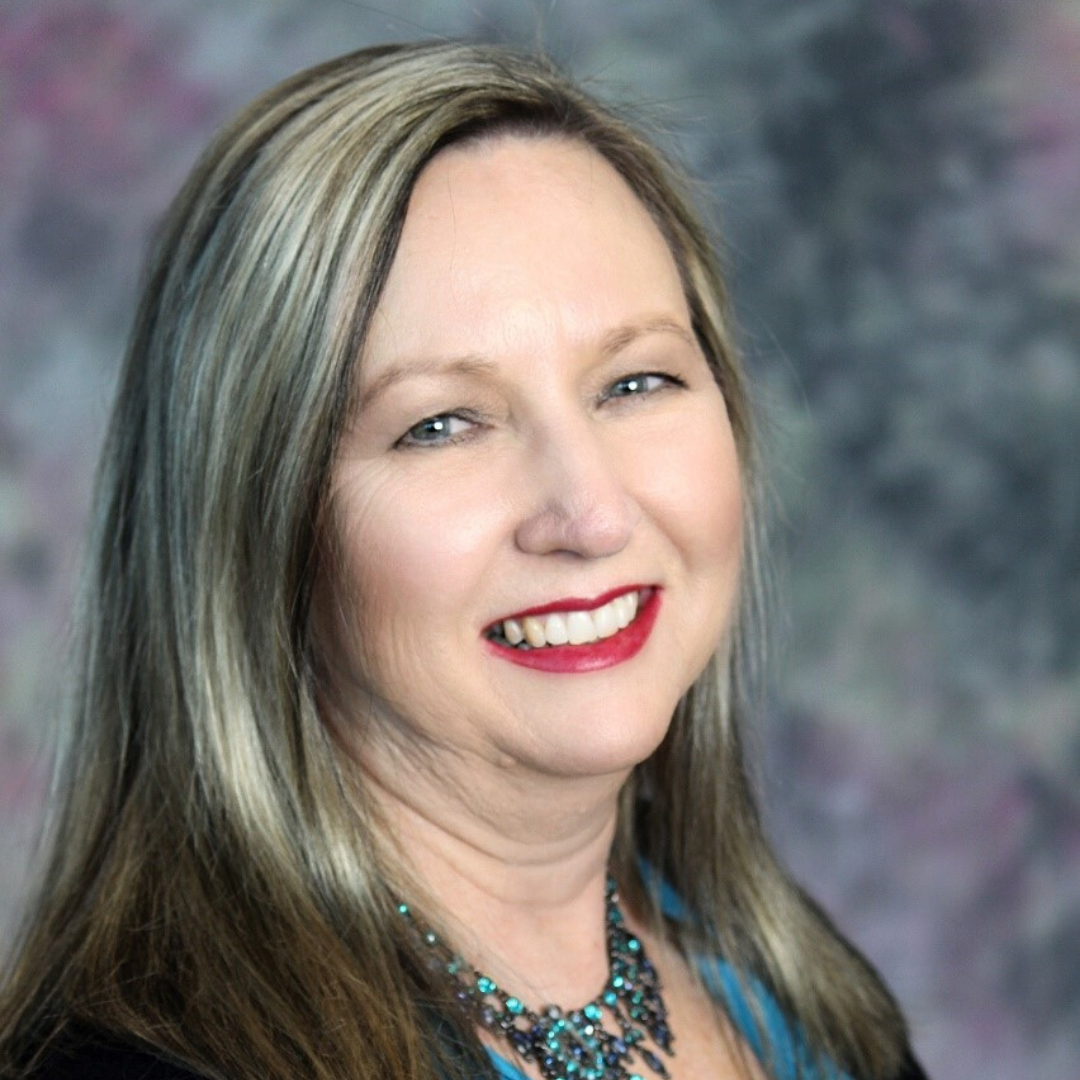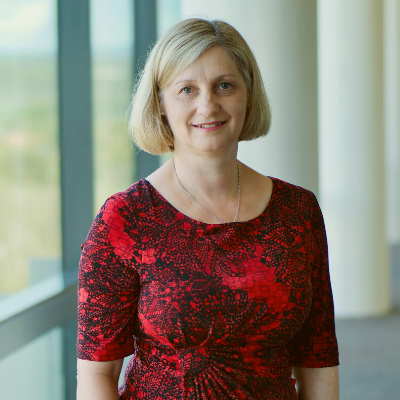"Analysing how you are feeling and adjusting your priorities and your routines to benefit your wellbeing is paramount to looking after yourself."
In an ever-changing and unpredictable world, where tomorrow may not look like today, it’s easy to feel overwhelmed. While this feeling is real and can bring with it negative thoughts or feelings, it is important to try and manage these feelings to reduce any negative impacts on your well-being. A focus on the positives and the things that are important to you can be invaluable to your well-being. Maintaining a positive focus can include making a commitment to look after yourself; that is, your mental, emotional, spiritual and physical health. This is known as self-care, the capacity to maintain a level of energy and positive well-being in a proactive and holistic way.
There are two important components to self-care:
- First, you need the ability to reflect on how you are doing. This allows you to critically analyse your self-care and wellbeing, and to note any negative impacts on yourself. Regular self-reflection helps you to identify any decline in your wellbeing at an early point; and
- Second, you need to engage in personal management, which means taking action to address all aspects of your own wellbeing.
Analysing how you are feeling and adjusting your priorities and your routines to benefit your wellbeing is paramount to looking after yourself. So how do you analyse how well you are looking after yourself?
Although a number of self-care checklists are available on the Internet, one of the most useful checklists was developed by Saakvitne and colleagues in the late 1990s to assist psychologists working with clients with distressing health conditions. But anyone who wants to take care of themselves, so that they can function at their best, can use this checklist. The checklist covers all the important areas of looking after yourself: physical self-care; psychological self-care; emotional self-care, spiritual self-care; relationship self-care and workplace / professional self-care. You simply rate how well you think you are doing in each area. Then you reflect on and work out your own personal management plan for the important areas that you want to address to maintain or increase your wellbeing. The checklist ends with an evaluation of your life balance:
- Balance within your work-life and workday
- Balance among work, family, relationships, play and rest.
Balance is important because in everyday life we often have competing demands on our time and energy, including juggling work, family, and relationships with having time for yourself. Having balance means that you are in great shape to care not only for those who are close to you, but to care for yourself so that you can function efficiently at work and play and feel satisfied in your life.
So have a go at completing the checklist. What did you find? And what is this telling you about how well you are looking after yourself? Are there any items that you scored ‘low’ because the items are not relevant to you or you don’t value them? Or are these lower scored items actually things that are meaningful to you and, therefore, in need of more prioritisation? Based on the number of lower scored items on your checklist, what are your well-being goals or the areas you would like to work on? It is important that your well-being goals are authentic: in other words, that they are your goals and that they have important meaning for you, and not those that someone else tells you that you need to have. It is also important that you select strategies and actions that are small, achievable and realistic. It is important to also recognise that different periods in our personal and working lives may dictate the time we have to self-reflect on our self-care. What is important, though, is that we take the time regularly to revisit and reflect on our progress towards achieving those small steps that we set to improve our well-being in the areas that we think we need it most.

The Self-care Wheel (by Betterridge, 2018 ) offers a simple way to plan your actions to address your self-care and your well-being. Nine broad actions are detailed, including setting limits, asking for help, connecting with family and trusted others, expressing values in healthy ways, engaging in interests and hobbies, undertaking exercise, achieving quality sleep and a nutritious diet, connecting with your social community, and engaging in a safe and healthy environment. Mindfulness links all self-care activities and enables us to manage our self-care and to ask for help when necessary. This means that if you can be mindful, it will be easier to reflect. This, in turn, will make it easier to manage your self-care. Although there is wealth of information available on the Internet about mindfulness, a useful blog has identified the top five mindfulness apps recommended by psychologists.
Self-care is such an important personal commitment to ourselves particularly in these rapidly changing and sometimes challenging times. As the saying goes “Self-care is giving the world the best of you instead of what’s left of you.”

Jacinta Hawgood
Jacinta Hawgood is a nationally-recognised expert in suicide prevention and its critical role in the wellbeing of the general population. She is a Senior Lecturer in the Australian Institute for Suicide Research and Prevention (AISRAP) and Program Director of the Graduate Certificate in and Master of Suicidology at Griffith University. As an active researcher and educator, Jacinta is the lead author of the Screening Tool for Assessing Risk of Suicide (STARS). Jacinta has provided expert advice on suicide risk assessment to state and national governments and to private organisations.

Associate Professor Michelle Hood
Associate Professor Michelle Hood is the Deputy Head of School, Learning and Teaching, in the School of Applied Psychology. Michelle's teaching and research expertise focuses on career and educational psychology, including burnout, work-study balance and satisfaction experienced by young adults and those undertaking university study. She is a Senior Fellow of the Higher Education Academy.

Professor Andrea Bialocerkowski
Professor Andrea Bialocerkowski, is the Director of Micro-credentialing and Professional Development, in Griffith Health. Andrea is a registered physiotherapist whose teaching and research expertise focuses on innovative teaching methods in health including how to build confidence, competence, communication and teamwork skills, resilience and work-study balance. She leads the Health Faculty's professional development offerings.
Study options
Do you want to have a career where you help others manage self-care? Study counselling, psychology, and suicide risk assessment and prevention at Griffith University.
Griffith’s School of Applied Psychology is recognised as one of the leading departments of psychology in Australia. A number of teaching initiatives in the School of Applied Psychology have been benchmarked as national best practice, and our staff have received national awards for excellence in teaching. Students have the opportunity to engage in work-integrated learning at all levels of training
Professional Learning Hub
Our tailored professional learning focuses on the issues that are important to you and your team. Bringing together the expertise of Griffith University’s academics and research centres, our professional learning is designed to deliver creative solutions for the workplace of tomorrow. Whether you are looking for opportunities for yourself, or your team we have you covered.